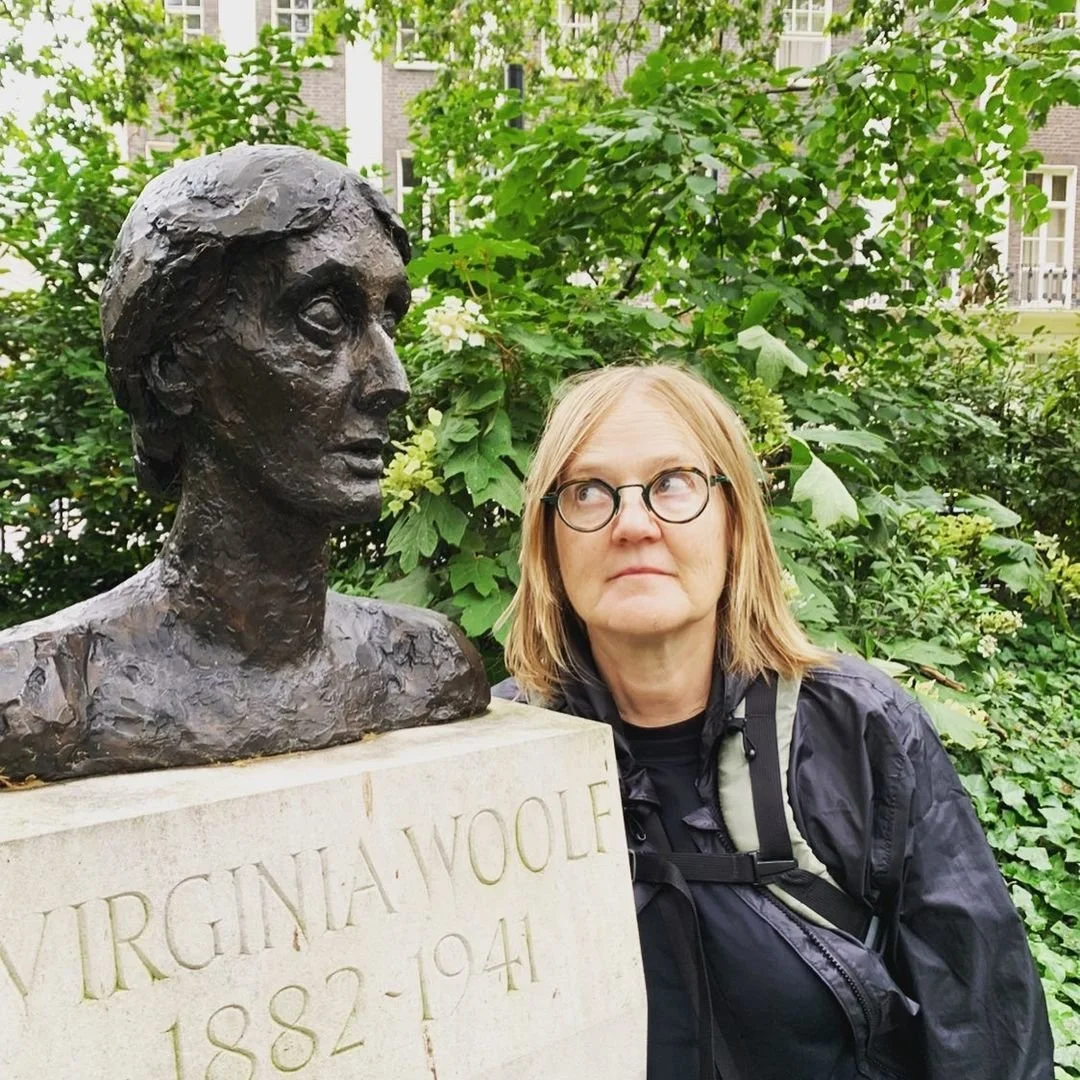Not the Poet Your English Lit Teacher Imagined
Often the image of the poet is of the starving artist in their garret pressing nib to paper, fingers blue with ink, drinking heavily, isolated but still, somehow, with their finger on the pulse of the world.
This poet sounds like a creature of the far past. Perhaps male, English or European, perhaps dead. Dare I liken the poet to an endangered species?
Though poems are written in isolation, and poets do indeed need what Virginia Woolf simply wrote: a room of one’s own and money to live, much of a writer’s life happens in community. Poets meet over coffee, for lunch, on walks, in houses, at bookstores and online. We have a habit of checking in with each other. While many deride social media, poets and writers seem to be in the messenger boxes chatting and keeping each other going in what can be summarized as personal and mental health checks.
Recently I’ve noticed a change in my public presence, due to the pandemic, but also after a very busy four years as Victoria’s poet laureate, preceded by nine years running the weekly reading series Planet Earth Poetry. These days, I am more likely to meet one-to-one, go for coffee, take a walk, or chat via messenger than I once did. Partly I’ve shifted into a mentoring position, also I’m engaging with writers and community in more intimate ways.
In the not-too-distant past, I returned home from grad school in the UK pregnant. Eight+ months later my son was born with a rare genetic condition. I recall the neonatologist being somewhat relieved, or a brightening in her eyes, when she learned I was a poet. Perhaps she was thinking of that drunk in a dark room, or more hopefully, imagining I’d have a deeply engaged mind that could see me through the tough years ahead. I’d like to go back and tell her, yes, yes, that, but also the community of people around me.
My writing group came and held the new baby and fed his parents. I received a grant the year of his birth and so kept writing. I took over the running of Planet Earth Poetry so was mom-by-day and chatty poet-by-night. I met so many poets from across the country. Over the next several years, I would walk my son to school, and then go to a café and write, sometimes with a friend. I finished writing books because poets encouraged me. I worked as a writer and mentor and became embedded in the community locally and beyond. Sometimes I worry I should be “out there” more, but also I must find my own balance of parenting, writing and mentoring alongside the work of touring.
I once thought it was the rare poet who “got to” do what I do – work as a writer in all the myriad ways. But I’ve come to find that there are many of us across the country, writers (often women) who are earning their living in multiple community and academic-based ways, so that they can write. Across Canada there is this hidden web of poets supporting other poets that I am now a part of.
I recently returned home from a trip to Ottawa and Waterloo. I stayed with poet friend Anita Lahey and was led by bicycle around Ottawa following her son’s passion for trains. I joined the incredible community around Arc Poetry Magazine for their spring issue launch. In Waterloo I attended the ALECC conference with Ariel Gordon, Tanis MacDonald and Roshan James. I’ve known Tanis since the early days of Mocambo Po in the late 90s (Planet Earth Poetry’s predecessor). Tanis has just edited my forthcoming book Death of Persephone: A Murder. As for Ariel, she is the maddest, nuttiest, fun-gal-ist friend I have in poetry, we became press-buddies back in 2014. I’m grateful for the deep friendships poetry has brought me and I want to also recognize friendships I’ve lost over the years, that community shifts and changes.
I recall reading about Hemmingway and F. Scott Fitzgerald day-drinking in Spain on opposite sides of a fence during the last global pandemic. Of course, these two men were fiction writers and not poets. Why is it we put poets in drunken stupors in dark rooms on their own?
Let me squash that image! The best online launch I ever attended/hosted was for Sweet Water: Poems for the Watersheds which for historical reasons shifted to an online launch in April 2020. This is an anthology with 110 poets, and because of the online platform, many poets could read who would not have been able to if it had been in person. Many contributors also attended, creating a party atmosphere. The audience quickly began to cheer in the chat (chat was new to us then) and heckle, rapidly type the page numbers of the poem being read, encourage, share, laugh! It was phenomenal! Though it was harnessed by technology, it had immense organic poet energy.
We poets are everywhere! I like to say you can’t spit...no one spits anymore...you can’t throw a bouquet and not hit a poet. I like to think, through all the work poets do, that our tentacled quiet-voiced web is sustaining the individuals and the globe in a myriad of immeasurable ways. To prove this, a student and friend just popped by with flowers and a thank you card for me. The web is alive!




Yvonne Blomer is the author of the critically acclaimed poetry collections The Last Show on Earth (Caitlin Press, 2022) and As if a Raven (Palimpsest Press, 2015) as well as the travel memoir Sugar Ride: Cycling from Hanoi to Kuala Lumpur (Palimpsest Press, 2017). She works as an editor, teacher and mentor in poetry and memoir and served as the city of Victoria poet laureate from 2015–2018. In her tenure as poet laureate, she brought poetry and the poets of Victoria to the forefront of city life. Through poetry she worked to raise awareness for the plight of the Pacific Ocean and its ecology, her tenure culminating in the publication of Refugium: Poems for the Pacific (Caitlin Press, 2017) the first in a trilogy of water-based poetry anthologies that was followed with Sweet Water: Poems for the Watershed (Caitlin Press, 2020). As a community-minded poet and mentor, she was the Artistic Director for the weekly Planet Earth Poetry series and edited the anthology Poems for Planet Earth which came out of that series. Yvonne recently edited Hologram: Homage to P.K. Page (Caitlin Press, 2023). She has been longlisted for the CBC Poetry Prize and shortlisted for the Montreal Poetry Prize and the Troubadour International Poetry Prize and won the Gwendolyn MacEwen Poetry Prize for Death of Persephone. She has performed at reading series and festivals in cities across the country and has had poems published in Canada, the UK and Japan. Yvonne lives, works and raises her family on the traditional territories of the WSÁNEĆ (Saanich), Lkwungen (Songhees), Wyomilth (Esquimalt) peoples of the Coast Salish Nation. With Death of Persephone: A Murder, she has turned her critical gaze to women and the women’s movement, the male gaze, and the faulty depictions of women in mythology.
